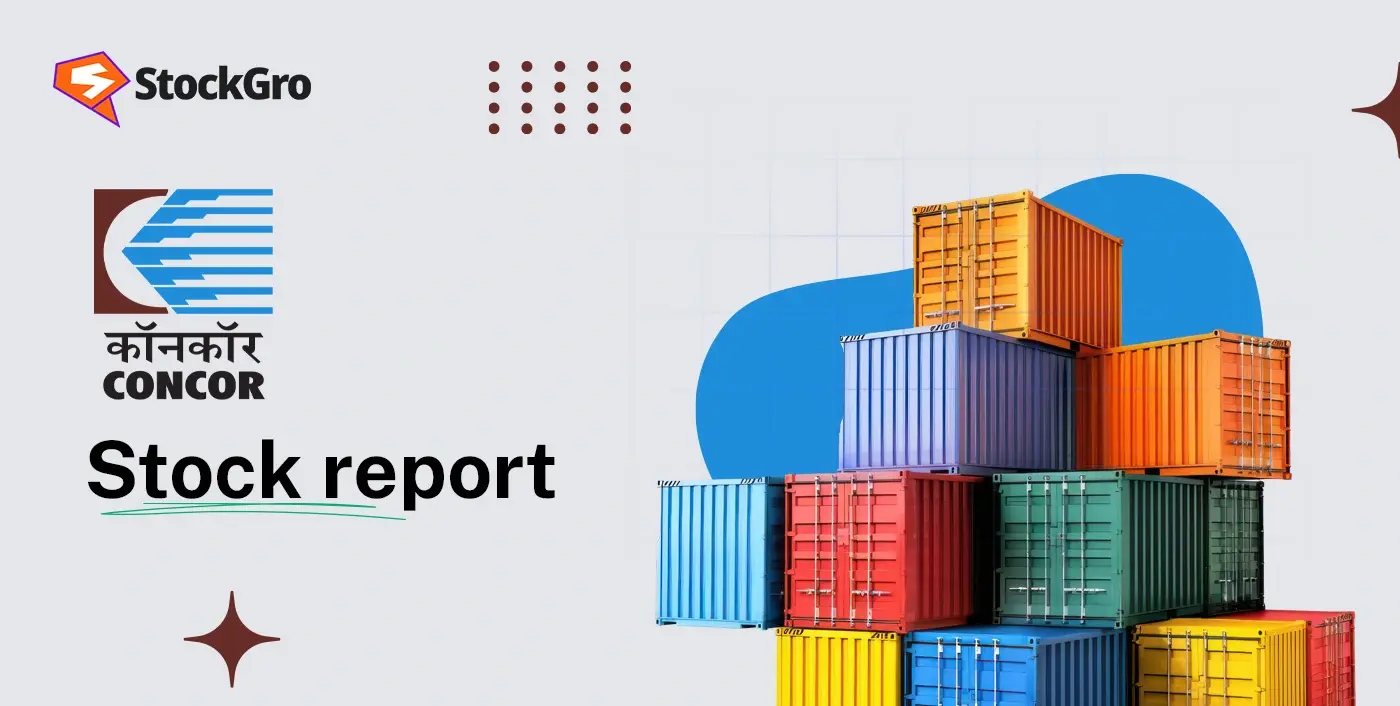
In March 2020, Yes Bank faced a severe crisis, leading to a restructuring orchestrated by the Reserve Bank of India (RBI). State Bank of India (SBI) stepped in, acquiring a 24% stake, while other institutions like HDFC Bank, ICICI Bank, Kotak Mahindra Bank, Axis Bank, and LIC collectively held 11.34%. Private equity firms Advent International and Carlyle also invested, holding 9.20% and 6.84% respectively.
Since then, Yes Bank has shown signs of recovery. In FY25, the bank reported a net profit of ₹2,406 crore, a 92% increase year-on-year. Gross Non-Performing Assets (GNPA) reduced to 1.6%, and Net NPAs to 0.3%, down from 16.8% and 5% in FY20. Deposits grew to ₹2.85 lakh crore, nearly tripling since the crisis.
Also read: Meghna Infracon Q4 business update
SMBC’s deal talk
Japanese banking giant Sumitomo Mitsui Banking Corporation (SMBC) is in advanced talks to acquire a significant stake in Yes Bank. The proposed deal involves an initial acquisition of up to 26%, followed by an open offer to increase the stake to 51%. This would make SMBC the largest shareholder in Yes Bank.
The RBI has reportedly given informal assurances to SMBC regarding majority ownership, though voting rights will remain capped at 26% as per regulatory norms. This acquisition could mark India’s largest banking sector M&A deal, surpassing SMBC’s previous $2 billion investment in Fullerton India Credit.
Financial snapshot: Yes Bank’s performance in FY25
| Metric | FY25 Value | Year-on-Year Change |
| Net Profit | ₹2,406 crore | +92% |
| Q4 Net Profit | ₹738 crore | +63% |
| Net Interest Income (NII) | ₹8,944 crore | +10.5% |
| Net Interest Margin (NIM) | 2.5% | +0.1% |
| Deposits | ₹2.85 lakh crore | +2.7x since FY20 |
Shareholding pattern
| Shareholder | Stake (%) |
| State Bank of India (SBI) | 24.00 |
| HDFC Bank | 2.75 |
| ICICI Bank | 2.39 |
| Kotak Mahindra Bank | 1.21 |
| Axis Bank | 1.01 |
| Life Insurance Corporation (LIC) | 3.98 |
| Advent International | 9.20 |
| Carlyle | 6.84 |
| Others | 48.62 |
Market reaction: Investor sentiment and stock performance
Following reports of SMBC’s potential acquisition, Yes Bank’s stock surged nearly 10%, reaching an intraday high of ₹19.24. Investors are optimistic about the bank’s future under SMBC’s leadership, anticipating enhanced stability and growth prospects.
You may also read: Mahindra & Mahindra Q4 highlights
Regulatory considerations:
While the RBI has shown flexibility in the past for distressed banks, it maintains a 26% cap on voting rights for foreign entities. SMBC’s acquisition strategy must align with these regulations, possibly involving phased stake increases and strategic collaborations to ensure compliance.
You may also like: Kotak Bank shares fall after Q4 results
Conclusion:
SMBC’s potential acquisition of a majority stake in Yes Bank signifies a pivotal moment in India’s banking sector. For Yes Bank, it offers an opportunity to solidify its recovery and chart a path toward sustained growth. For SMBC, it’s a strategic entry into one of the world’s fastest-growing banking markets.

